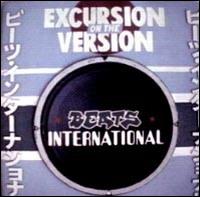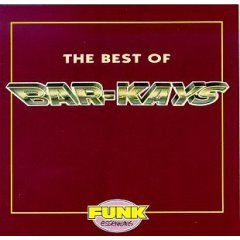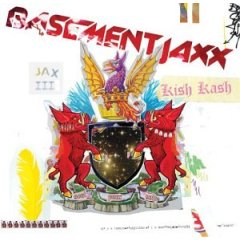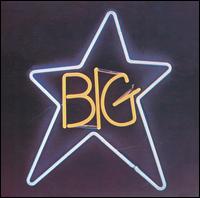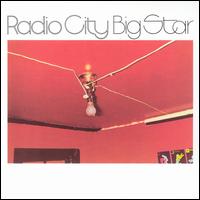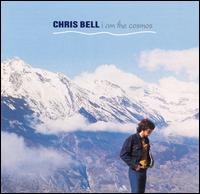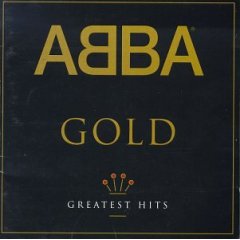 Y'know, I've always been more of a Stones fan than I was a Beatles fan, and, in hindsight, I've really only ever listened to the Beatles out of feeling obligated to the 'canon,' much like one might feel obligated in reading Pound before one reads Eliot or watching Happy Days before Joni Loves Cha Chi.
Y'know, I've always been more of a Stones fan than I was a Beatles fan, and, in hindsight, I've really only ever listened to the Beatles out of feeling obligated to the 'canon,' much like one might feel obligated in reading Pound before one reads Eliot or watching Happy Days before Joni Loves Cha Chi.It certainly doesn't help that I had heard the Clash drum on and on about "phony Beatlemania" well before I had heard Abbey Road. Conversely, it also doesn't help to have the Beatles propped up on a throne by generations before and by classmates that thought Don MacLean's "American Pie" was some sort of fraternal opus. It took me years before I could get around all that sentiment, good and bad, and just listen to the Beatles as the Beatles, as some band out of the UK that have a lot less records (but a lot more compilations) than one would assume.
My first impression upon really listening to the Beatles was that they were an incredibly dorky band. There's really only so many "serious" hits, certainly a lot less than the Beatles' mythical status might imply, and it can be surprising at first as to how much pure bubble-gum the Beatles churned out.
For whatever reason, that's one of the main reasons why the Beatles' early catalog turns me off completely. The sheer fluff of "She Loves You, Yeah Yeah Yeah" and "I Wanna Hold Your Hand" seemed so sterile (especially considering Mick and Keith were regularly sodomizing each other - even if only in a musical sense - by the same point) that I still can't really bother with it (which could also explain why I hate the Ringo songs with such passion).
But with the latter half of the catalog, it somehow, all of a sudden, seemed a little more forgiveable, especially considering that the fluff got cryptic and complex at the same time. I mean, "Happy Birthday" might really just be, um, about somebody's birthday (maybe it isn't), but it really doesn't matter. There's enough meat behind the fluff to make it worthwhile, enough perfect power-pop to make it palatable.(That's not to say some of it isn't self-serving wank. "Piggies" is pretty tortuous to listen to, and let's face it, "Revolution 9" ain't exactly revolutionary either forty years after the fact (was it even at the time, outside of a pop cultural context?))
It's enjoyable stuff, to be sure, but does the White Album actually belong in a canon? Would it be sacrilegious to assume otherwise? Take the time context out of it (in terms of resulting influence, effect, etc), and it's unclear. There's not enough going on to reward the listener with each and every listen (in the same way that Pet Sounds might, for instance); there's not enough being said to alert or shock the listener with each and every listen (in the same way that It Takes a Nation of Millions) might, for instance); there's not enough emotional or spiritual departure to overwhelm the listener with each and every instance (in the same that A Love Supreme might, for instance). What one's left with, then, is a very infectious power-pop album, with few misses (if any), and while that it itself is difficult feat, I'm not entirely sure if, Beatlemania aside (phony or not), this should still cut it. It might have formed a mould, but what broke the mould afterwards might be better in the long run.

